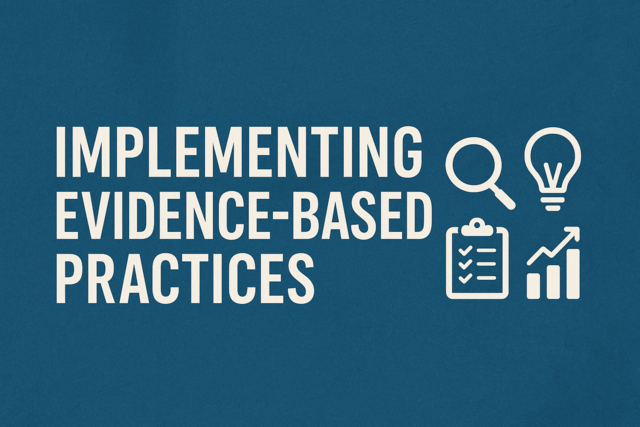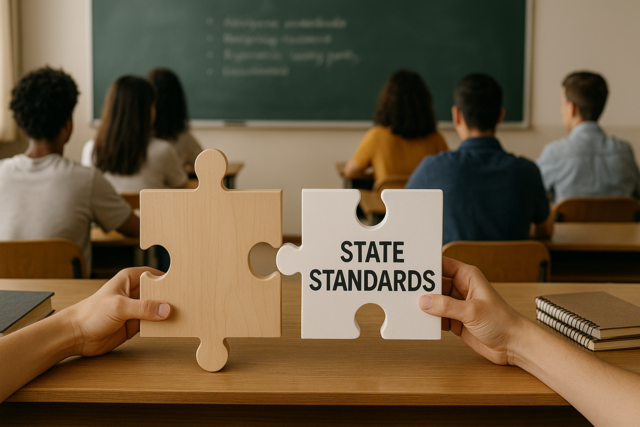Online Class: Effective Literacy Instruction in Early Education

no certificate
with CEU Certificate*
-
15Lessons
-
22Exams &
Assignments -
3Hours
average time -
0.3CEUs
Course Description
Imagine a world where every child wakes up eager to turn pages, naturally curious to discover new words, and enthralled by the infinite worlds found within books. This vision may seem distant, yet it's a reality that begins with you and the decisions you make as an educator or caregiver. Welcome to "Effective Literacy Instruction in Early Education," a transformative experience that equips you with the most innovative and effective methods to spark a love of reading and lifelong learning in young minds.
From the very start, this course is more than just an online class; it is a journey into the heart of literacy, an expedition that marries the wonder of storytelling with the science of education. Here, you won't simply learn to teach-- you will learn to inspire.
Step into the world of early literacy, where the magic begins with the building blocks of language. We'll delve deep into the fascinating connection between sound awareness and reading success, fostering a phonics journey that delights and educates simultaneously. In this course, phonemic awareness isn't just a term--it's a vibrant, tactile experience. You'll feel the thrill of guiding young learners as they piece together the puzzle of phonics, unlocking the power of words.
Progressively, we explore the art of crafting a rich vocabulary. Imagine turning everyday routines into potent learning experiences, where a walk in the park or baking cookies becomes a stage for language growth. Together, we'll examine techniques to transform these daily adventures into opportunities for seamlessly integrating complex language and ideas into child-friendly narratives.
Fancy stories of knights and dragons? Or perhaps tales of astronaut adventures? Through this course, storytelling emerges as a tool of unparalleled power in your educational toolkit. Discover how stories can not only captivate and engage but also develop critical skills such as comprehension, empathy, and creativity. Early storytelling becomes your wand for nurturing cognitive and social development, creating a learning environment that is both enchanting and educational.
Empowerment doesn't stop within the confines of a classroom or a book. We invite you to reimagine communal spaces like libraries and local centers as hubs of cultural exchange and exploration. Experience the awe of turning institutions into lively, inclusive forums of learning where young readers encounter diverse voices and narratives, fostering cultural awareness and a love for diversity.
Throughout this course, we embrace the boundless potential of play--a realm where language, social skills, and problem-solving are effortlessly woven into joyful interactions. Watch as your ability to incorporate playful learning transcends traditional teaching methods, cementing your role as an advocate for childhood exploration and educational inclusivity.
In an age dominated by screens and technology, we lead you through the exciting landscape of digital storytelling. Here, you'll become adept at harnessing the power of technology to enhance literacy, using it as a bridge to engage digital natives. Witness your curriculum evolve through these new tools, offering personalized, interactive learning experiences that align with students' unique needs and interests.
With a spotlight on formative feedback, we guide you in using cutting-edge assessment tools designed to illuminate each student's literacy journey. Imagine offering personalized paths to reading success, where every young learner feels seen, supported, and excited about their progress.
Collaboration with families is vital in this endeavor. This course recognizes families as pillars of literacy development and equips you with strategies to engage them, enriching children's language environments and connecting home learning with school achievements.
Together, let's weave a tapestry of cross-cultural literacy, where every story told in your class is a thread that connects students more deeply to their richly diverse heritages, fostering an inclusive and engaging learning atmosphere that celebrates every narrative.
Enroll in "Effective Literacy Instruction in Early Education," and become a beacon for early childhood literacy. Embrace this opportunity to fuel not just a child's potential but to ignite the passion for reading and learning that lasts a lifetime. This transformative journey awaits to redefine what you know about literacy, one student success story at a time. Are you ready to partake in this exciting reshaping of education? Your extraordinary journey begins here.
- Completely Online
- Self-Paced
- 6 Months to Complete
- 24/7 Availability
- Start Anytime
- PC & Mac Compatible
- Android & iOS Friendly
- Accredited CEUs

Course Lessons
Lesson 1. The Connection Between Sound Awareness and Reading Success: A Phonics Journey
In early literacy, distinguishing phonemic awareness from phonics is essential for developing effective teaching strategies that cater to children's learning needs. Phonemic awareness involves recognizing and manipulating individual sounds, while phonics focuses on the relationship between these sounds and their written representations, with both serving as key elements in literacy development.Lesson 2. Phonemic Awareness: Key to Early Literacy
Assessing phonics development is essential for personalized literacy instruction, utilizing methods like screening checks, flashcards, and technology to monitor and support growth. Integrating assessments with peer interactions and multisensory techniques enhances phonics understanding and application.Lesson 3. Building Literacy Foundations Through Early Vocabulary
Children naturally learn vocabulary through daily routines, such as conversations during meal preparation or playtime. The involvement of engaged adults and diverse reading materials exposes learners to rich language and complex sentences, aiding vocabulary retention and literacy development.Lesson 4. Enhancing Literacy: Activating Prior Knowledge and Making Predictions
Retelling and summarizing stories are effective literacy practices that improve comprehension, communication, and imaginative skills, transforming young learners into proficient readers and narrators. These activities not only boost memory and sequencing abilities but also foster creative thinking through tasks like creating alternative story endings.Lesson 5. Weaving the Foundations of Literacy: The Art of Early Storytelling
Storytelling is a powerful tool in literacy education, deeply influencing children's cognitive, linguistic, and social development by enhancing imagination and empathetic understanding. Through structured narratives, educators can guide early learners to recognize plot, setting, character development, and themes, promoting robust language acquisition and comprehension.Lesson 6. Embedding Literacy in Everyday Spaces
Community libraries offer expansive literary resources and social interaction opportunities, turning reading into a communal affair that cultivates a love for language. Engaging story sessions and diverse book collections transform libraries into hubs of cultural exchange and exploration.Lesson 7. Cultivating Literacy: Enriching Early Classrooms with Print
Storytelling and creative writing in early education stimulate imagination and narrative skills, encouraging children to connect language to tangible experiences. Through crafting and retelling stories, young learners deepen comprehension and develop collaborative skills, essential for lifelong literacy and expressive growth.Lesson 8. Exploring the Magic of Play in Early Childhood Cognitive Growth
Harnessing play in educational contexts enhances cognitive growth and literacy, as children engage with language, social skills, and problem-solving through enjoyable interactions. By embracing diverse play activities, educators create an inclusive environment that nurtures a passion for learning and discovery.Lesson 9. Empowering Students: A Personalized Literacy Journey
The art of encryption extends beyond secure transactions, influencing legal and ethical debates on data privacy. It fosters trust and compliance with data protection standards while highlighting the need for balanced privacy policies.Lesson 10. Enhancing Literacy with Technology
Digital storytelling presents unique assessment opportunities for literacy skills, evaluating both narrative products and the creative processes involved. Professional development is crucial for educators to integrate digital tools effectively into curricula, boosting their confidence and effectiveness in creating digital literacy-rich environments.Lesson 11. Enhancing Early Literacy: The Power of Formative Feedback
Utilizing diverse formative assessment tools such as observational assessments and interactive techniques like think-pair-share, educators gain critical insights into their students' literacy abilities. These methods, alongside digital integration, provide personalized feedback that supports a tailored learning experience, fostering a deeper engagement with literacy.Lesson 12. Rhythm and Repetition: Key Elements in Early Literacy
Rhythm and repetition are vital for enhancing language acquisition in children, offering an engaging and memorable learning experience. Educators can use these elements to foster a nurturing literacy environment that aligns with children's natural affinity for sound patterns.Lesson 13. Families: Key Architects in Literacy Development
Families play a critical role in literacy development, offering a foundation that connects school learning to rich, language-filled home environments. Engaging in activities like storytelling and utilizing even limited resources effectively can significantly enhance a child's literacy skills, bridging socioeconomic gaps.Lesson 14. Cross-Cultural Threads in Education: A Living Tapestry
Culturally relevant teaching is an educational journey that integrates diverse cultural backgrounds into learning, allowing students to see themselves reflected in their studies. By immersing themselves in their students' cultural landscapes, educators create inclusive and engaging classrooms that foster a deep appreciation for diversity.Lesson 15. Empowering Readers: An Exploration of Dynamic Literacy Strategies
Guided reading employs a structured, adaptive approach that maximizes word recognition and comprehension by aligning instruction with individual student needs. Teachers facilitate critical thinking, helping students explore narratives deeply and providing them with life-application skills.
Learning Outcomes
- Define phonemic awareness by identifying and manipulating individual phonemes in spoken words through auditory exercises.
- Demonstrate understanding of phonics by applying the relationship between sounds and their written representations to decode unfamiliar words in texts.
- Demonstrate the ability to segment and blend phonemes in varied word positions to improve literacy skills.#
- Recognize and manipulate individual phonemes in spoken words to enhance reading and writing capabilities.
- Define concepts of receptive and expressive vocabulary as they relate to early childhood language learning.
- Demonstrate effective strategies for facilitating vocabulary acquisition through interactive play and real-world experiences.
- Define how activating prior knowledge enhances comprehension and vocabulary development by connecting new information to familiar concepts.
- Demonstrate the ability to use prediction-making strategies during reading activities to improve engagement and critical thinking skills by anticipating story outcomes based on contextual clues.
- Demonstrate comprehension of character development by analyzing motives and transformations in characters through role-playing activities.
- Define the basic structure of a plot by identifying the beginning, middle, and conclusion in a given story.
- Create a thematic display or interactive activity that includes at least three elements of a print-rich environment, demonstrating increased vocabulary and print awareness among young learners.
- Define the key characteristics of a print-rich environment and explain their role in enhancing early childhood literacy.
- Define the components of a print-rich environment and explain their impact on early childhood literacy development.
- Demonstrate mastery of lesson content at levels of 70% or higher.
Additional Course Information

- Document Your Lifelong Learning Achievements
- Earn an Official Certificate Documenting Course Hours and CEUs
- Verify Your Certificate with a Unique Serial Number Online
- View and Share Your Certificate Online or Download/Print as PDF
- Display Your Certificate on Your Resume and Promote Your Achievements Using Social Media

Choose Your Subscription Plan
No Certificate / No CEUs
This course only
| Includes certificate | X |
| Includes CEUs | X |
| Self-paced |

|
| Instructor support |

|
| Time to complete | 6 months |
| No. of courses | 1 course |
Certificate & CEUs
This course only
| Includes certificate |

|
| Includes CEUs |

|
| Self-paced |

|
| Instructor support |

|
| Time to complete | 6 months |
| No. of courses | 1 course |
Certificates & CEUs
Includes all 600+ courses
| Includes certificate |

|
| Includes CEUs |

|
| Self-paced |

|
| Instructor support |

|
| Time to complete | 12 Months |
| No. of courses | 600+ |
Certificates & CEUs
Includes all 600+ courses
| Includes certificate |

|
| Includes CEUs |

|
| Self-paced |

|
| Instructor support |

|
| Time to complete | 24 Months |
| No. of courses | 600+ |
Related Courses
-
 4 hours
0.4 CEUs
Applying Creativity in Everyday Life
+ More Info
4 hours
0.4 CEUs
Applying Creativity in Everyday Life
+ More Info
-
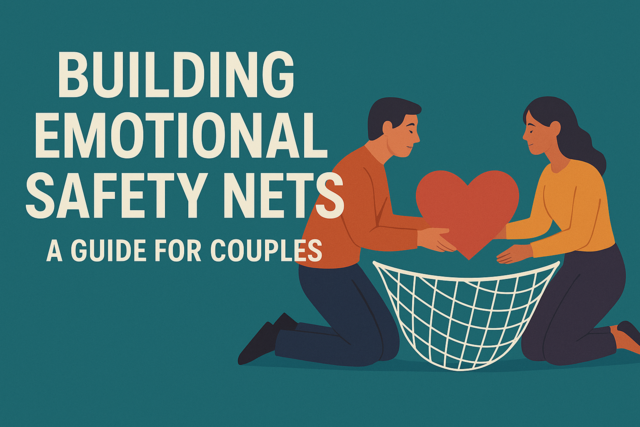 5 hours
0.5 CEUs
Building Emotional Safety Nets: A Guide for Couples
+ More Info
5 hours
0.5 CEUs
Building Emotional Safety Nets: A Guide for Couples
+ More Info
-
 5 hours
0.5 CEUs
Generational Patterns: How Narcissism Perpetuates Dysfunction
+ More Info
5 hours
0.5 CEUs
Generational Patterns: How Narcissism Perpetuates Dysfunction
+ More Info
-
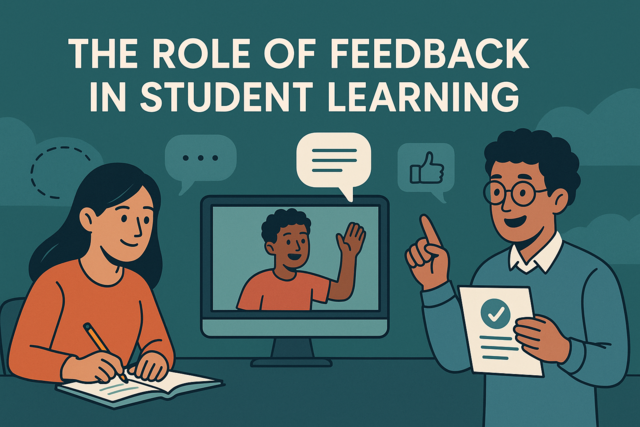 4 hours
0.4 CEUs
The Role of Feedback in Student Learning
+ More Info
4 hours
0.4 CEUs
The Role of Feedback in Student Learning
+ More Info
-
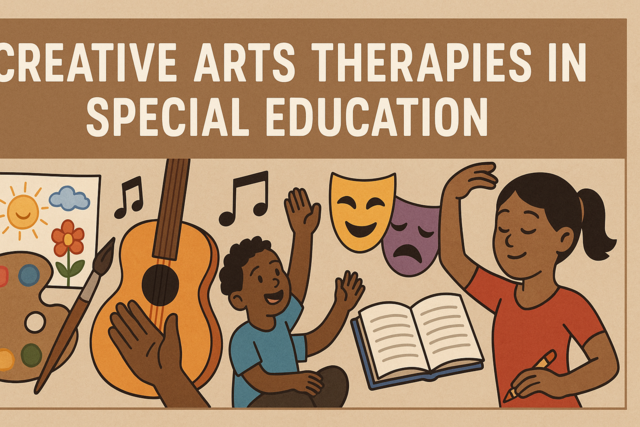 3 hours
0.3 CEUs
Creative Arts Therapies in Special Education
+ More Info
3 hours
0.3 CEUs
Creative Arts Therapies in Special Education
+ More Info
-
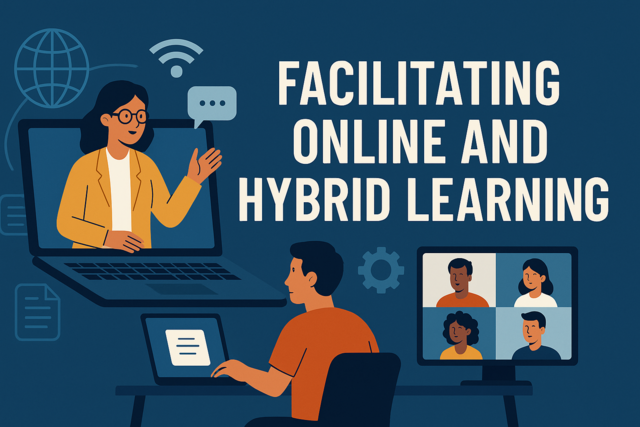 4 hours
0.4 CEUs
Facilitating Online and Hybrid Learning
+ More Info
4 hours
0.4 CEUs
Facilitating Online and Hybrid Learning
+ More Info
-
 7 hours
0.7 CEUs
Exquisite Ensembles: Curating a Modern Luxury Wardrobe
+ More Info
7 hours
0.7 CEUs
Exquisite Ensembles: Curating a Modern Luxury Wardrobe
+ More Info
-
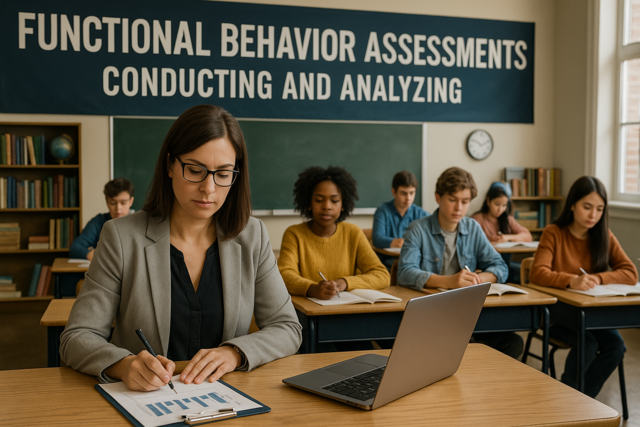 3 hours
0.3 CEUs
Functional Behavior Assessments: Conducting and Analyzing
+ More Info
3 hours
0.3 CEUs
Functional Behavior Assessments: Conducting and Analyzing
+ More Info
-
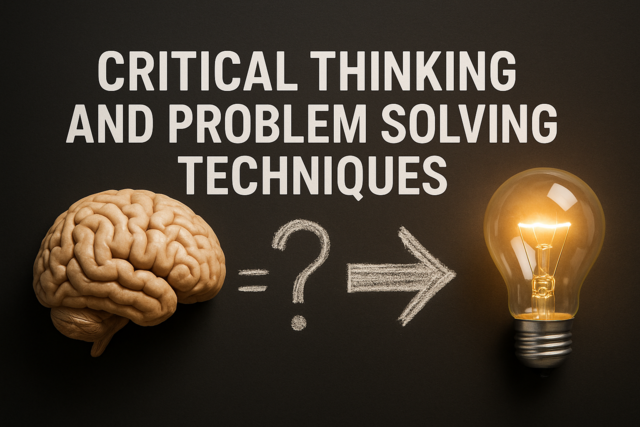 4 hours
0.4 CEUs
Critical Thinking and Problem Solving Techniques
+ More Info
4 hours
0.4 CEUs
Critical Thinking and Problem Solving Techniques
+ More Info
-
 6 hours
0.6 CEUs
Basic Gardening and Plant Care
+ More Info
6 hours
0.6 CEUs
Basic Gardening and Plant Care
+ More Info
-
 3 hours
0.3 CEUs
Holistic Approaches to Education
+ More Info
3 hours
0.3 CEUs
Holistic Approaches to Education
+ More Info
-
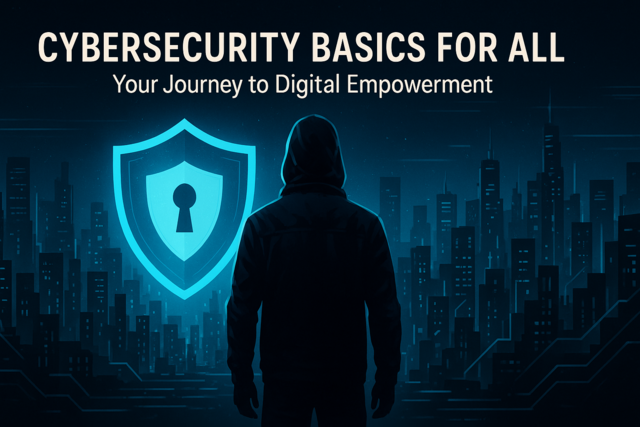 3 hours
0.3 CEUs
Cybersecurity Basics for All
+ More Info
3 hours
0.3 CEUs
Cybersecurity Basics for All
+ More Info
-
 6 hours
0.6 CEUs
Fabric of the Gods: Materials that Define Luxury
+ More Info
6 hours
0.6 CEUs
Fabric of the Gods: Materials that Define Luxury
+ More Info
-
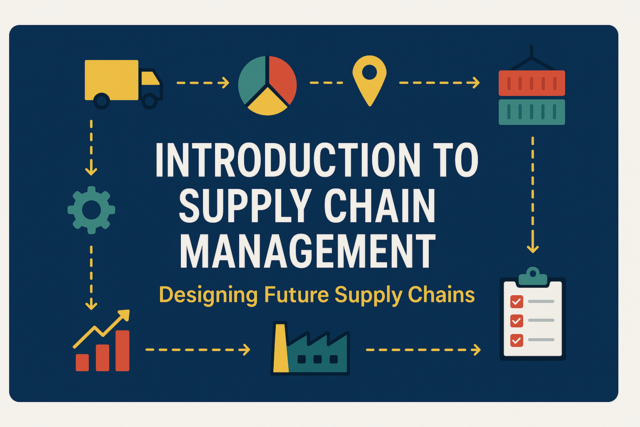 4 hours
0.4 CEUs
Introduction to Supply Chain Management
+ More Info
4 hours
0.4 CEUs
Introduction to Supply Chain Management
+ More Info
-
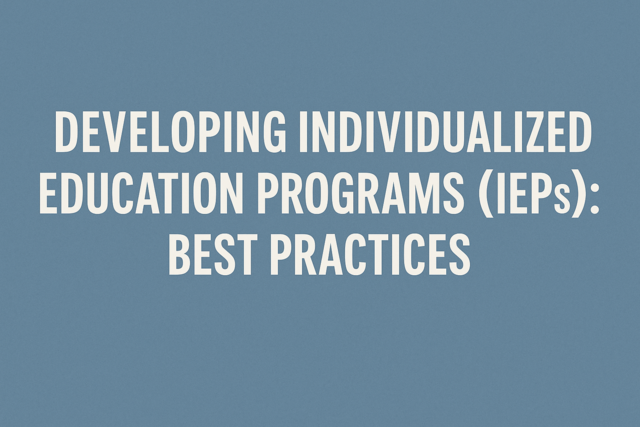 4 hours
0.4 CEUs
Developing Individualized Education Programs (IEPs): Best Practices
+ More Info
4 hours
0.4 CEUs
Developing Individualized Education Programs (IEPs): Best Practices
+ More Info
-
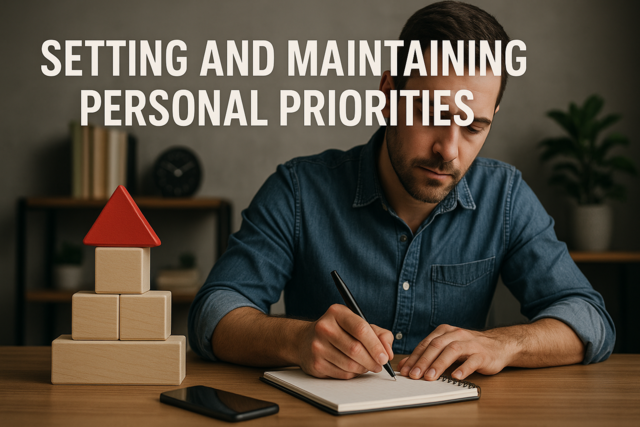 5 hours
0.5 CEUs
Setting and Maintaining Personal Priorities
+ More Info
5 hours
0.5 CEUs
Setting and Maintaining Personal Priorities
+ More Info
-
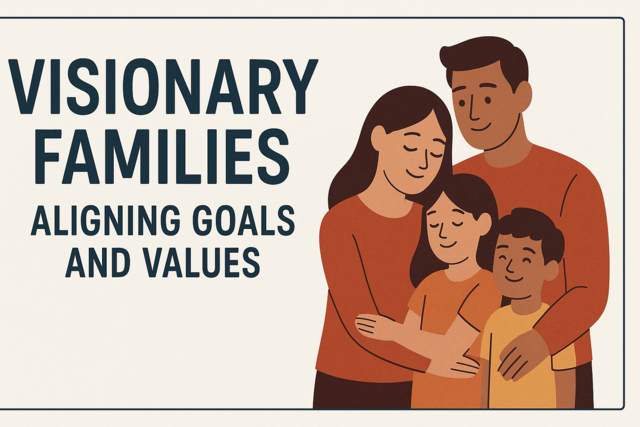 7 hours
0.7 CEUs
Visionary Families: Aligning Goals and Values
+ More Info
7 hours
0.7 CEUs
Visionary Families: Aligning Goals and Values
+ More Info
-
 4 hours
0.4 CEUs
Understanding Auras and Energy Fields
+ More Info
4 hours
0.4 CEUs
Understanding Auras and Energy Fields
+ More Info
-
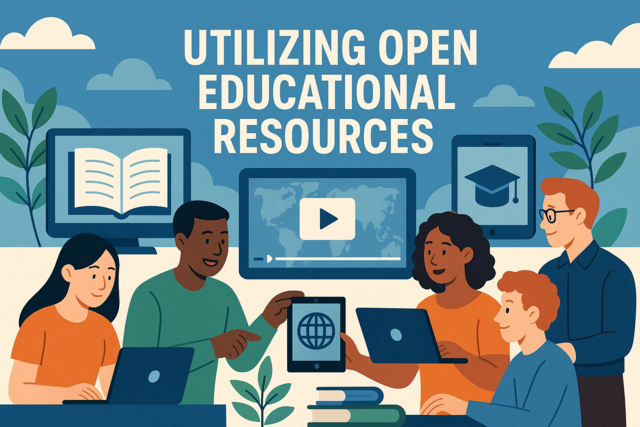 4 hours
0.4 CEUs
Utilizing Open Educational Resources
+ More Info
4 hours
0.4 CEUs
Utilizing Open Educational Resources
+ More Info
-
 6 hours
0.6 CEUs
Iconic Influence: Women's Wear in the Age of Luxury
+ More Info
6 hours
0.6 CEUs
Iconic Influence: Women's Wear in the Age of Luxury
+ More Info
-
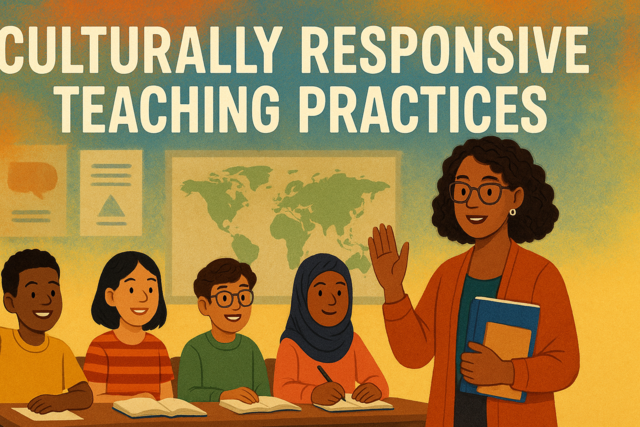 5 hours
0.5 CEUs
Culturally Responsive Teaching Practices
+ More Info
5 hours
0.5 CEUs
Culturally Responsive Teaching Practices
+ More Info
-
 6 hours
0.6 CEUs
The Essence of Elegance: Dressing for Contemporary Sophistication
+ More Info
6 hours
0.6 CEUs
The Essence of Elegance: Dressing for Contemporary Sophistication
+ More Info
-
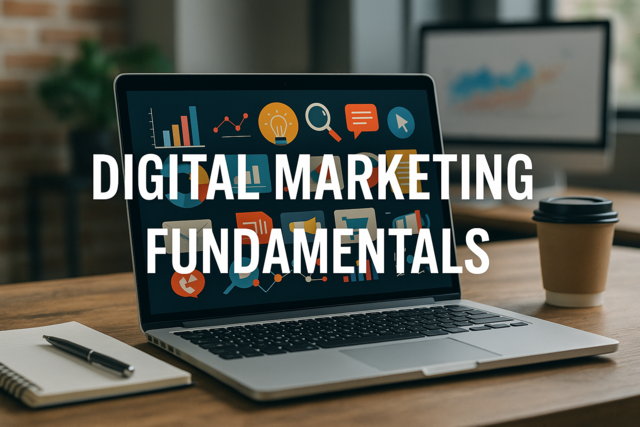 6 hours
0.6 CEUs
Digital Marketing Fundamentals
+ More Info
6 hours
0.6 CEUs
Digital Marketing Fundamentals
+ More Info
-
 3 hours
0.3 CEUs
Effective Teaching Strategies for Diverse Classrooms
+ More Info
3 hours
0.3 CEUs
Effective Teaching Strategies for Diverse Classrooms
+ More Info
-
 5 hours
0.5 CEUs
Developing a Growth Mindset
+ More Info
5 hours
0.5 CEUs
Developing a Growth Mindset
+ More Info
-
 5 hours
0.5 CEUs
Advanced Pedagogical Techniques
+ More Info
5 hours
0.5 CEUs
Advanced Pedagogical Techniques
+ More Info
-
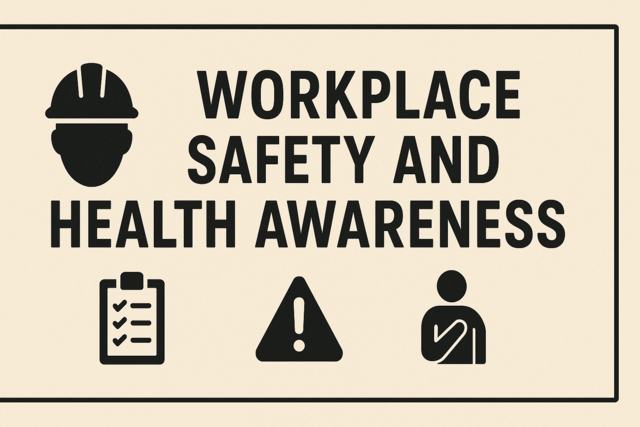 6 hours
0.6 CEUs
Workplace Safety and Health Awareness
+ More Info
6 hours
0.6 CEUs
Workplace Safety and Health Awareness
+ More Info
-
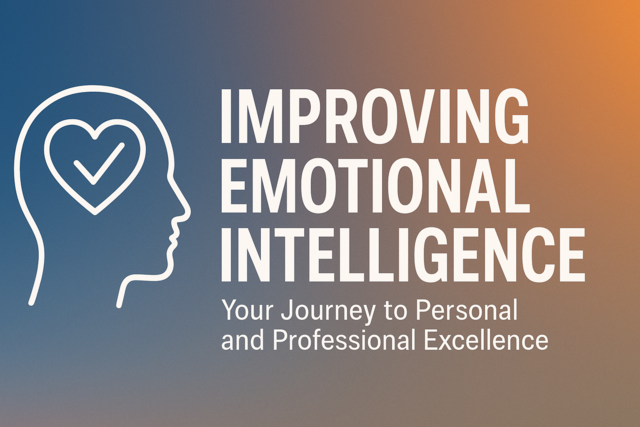 6 hours
0.6 CEUs
Improving Emotional Intelligence
+ More Info
6 hours
0.6 CEUs
Improving Emotional Intelligence
+ More Info
-
 5 hours
0.5 CEUs
Family Dynamics and Trauma: Unraveling the Impact on Relationships
+ More Info
5 hours
0.5 CEUs
Family Dynamics and Trauma: Unraveling the Impact on Relationships
+ More Info
-
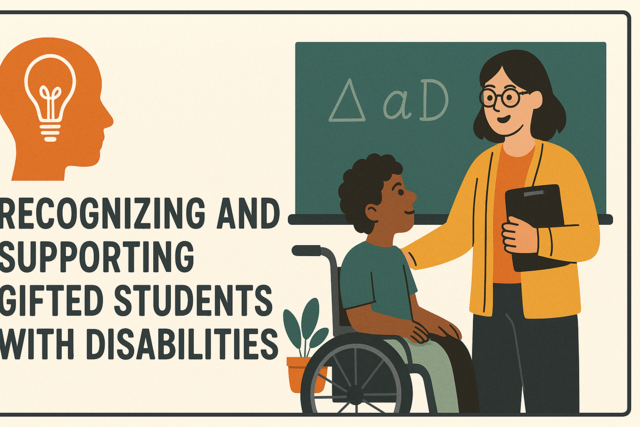 5 hours
0.5 CEUs
Recognizing and Supporting Gifted Students with Disabilities
+ More Info
5 hours
0.5 CEUs
Recognizing and Supporting Gifted Students with Disabilities
+ More Info
-
 7 hours
0.7 CEUs
Exploring Chakra Alignments
+ More Info
7 hours
0.7 CEUs
Exploring Chakra Alignments
+ More Info
-
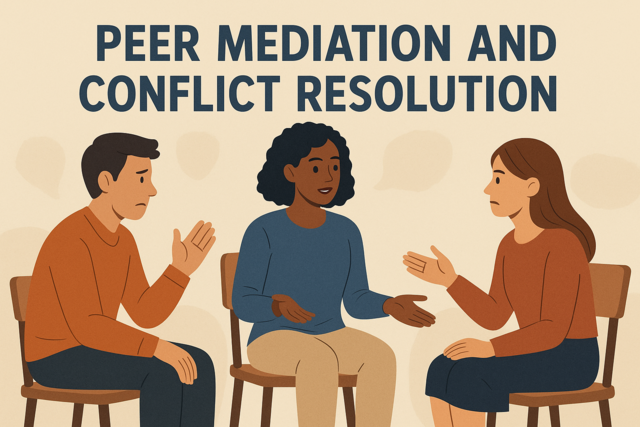 6 hours
0.6 CEUs
Peer Mediation and Conflict Resolution
+ More Info
6 hours
0.6 CEUs
Peer Mediation and Conflict Resolution
+ More Info
-
 7 hours
0.7 CEUs
Vintage Visions: Integrating Past Styles in Modern Luxury
+ More Info
7 hours
0.7 CEUs
Vintage Visions: Integrating Past Styles in Modern Luxury
+ More Info
-
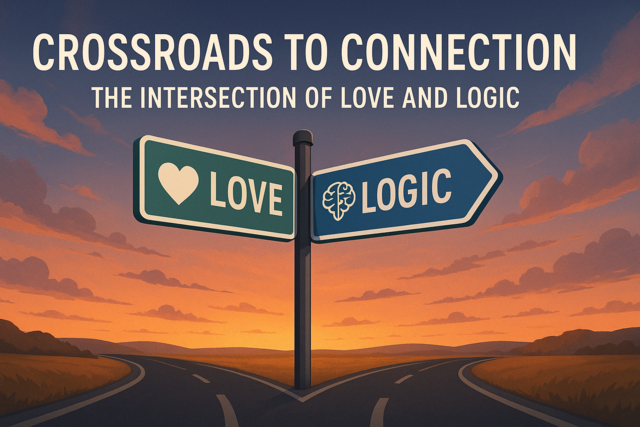 4 hours
0.4 CEUs
Crossroads to Connection: The Intersection of Love and Logic
+ More Info
4 hours
0.4 CEUs
Crossroads to Connection: The Intersection of Love and Logic
+ More Info
-
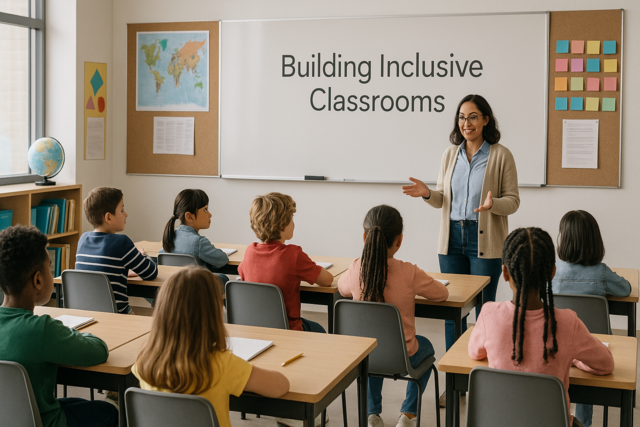 5 hours
0.5 CEUs
Building Inclusive Classrooms
+ More Info
5 hours
0.5 CEUs
Building Inclusive Classrooms
+ More Info
-
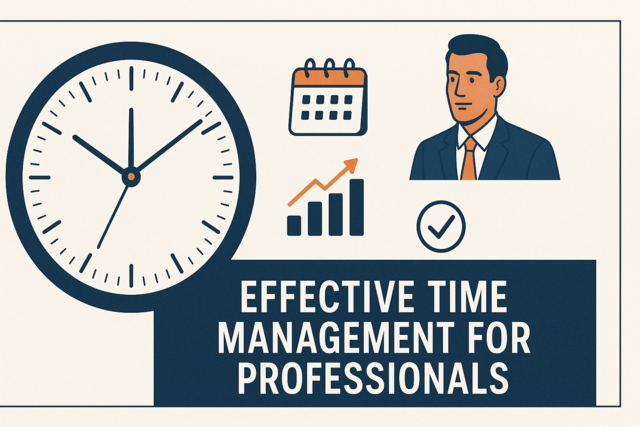 7 hours
0.7 CEUs
Effective Time Management for Professionals
+ More Info
7 hours
0.7 CEUs
Effective Time Management for Professionals
+ More Info
-
 5 hours
0.5 CEUs
Introduction to Programming for Professionals
+ More Info
5 hours
0.5 CEUs
Introduction to Programming for Professionals
+ More Info
-
 7 hours
0.7 CEUs
The Science of Miracles: When Logic Defies Understanding
+ More Info
7 hours
0.7 CEUs
The Science of Miracles: When Logic Defies Understanding
+ More Info
-
 6 hours
0.6 CEUs
Introduction to Data Analytics
+ More Info
6 hours
0.6 CEUs
Introduction to Data Analytics
+ More Info



